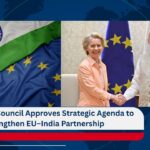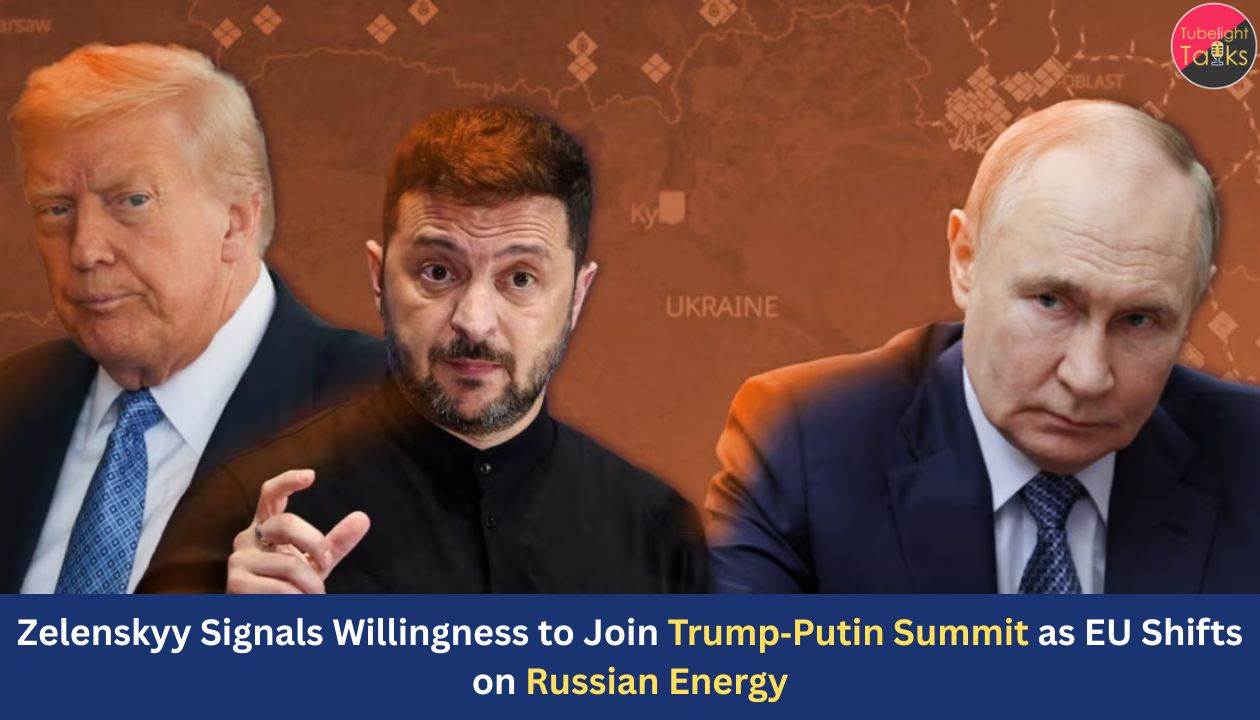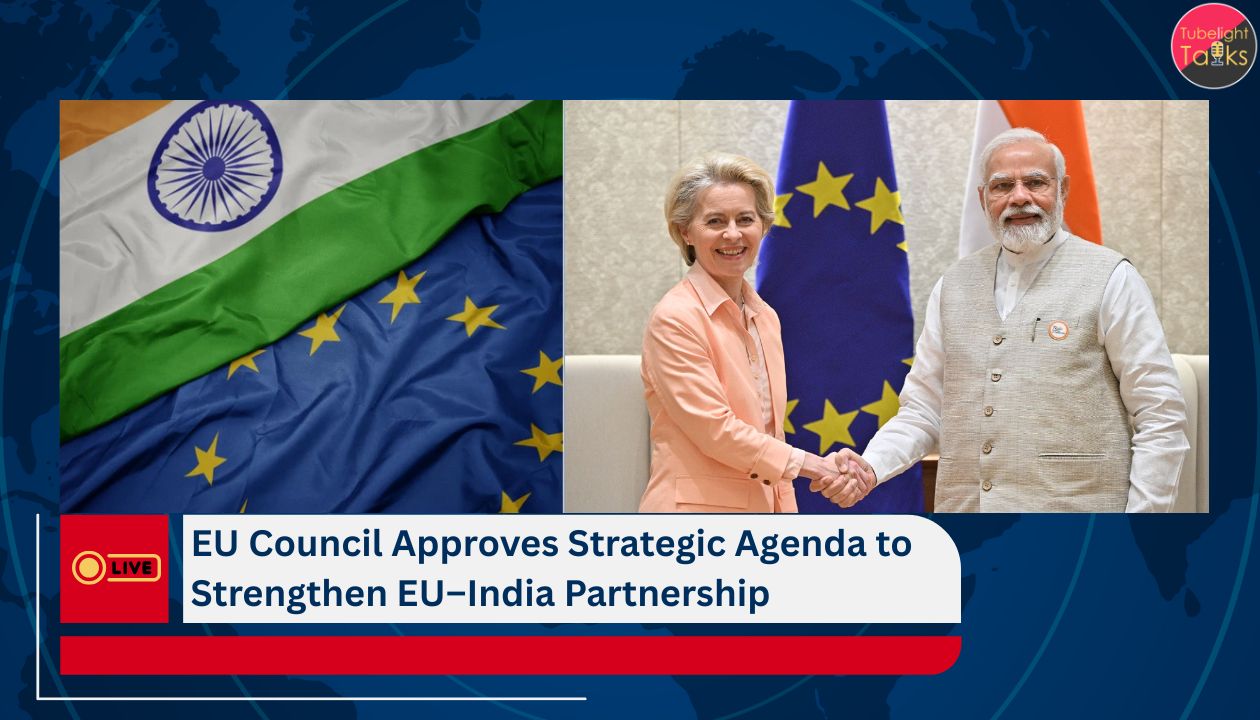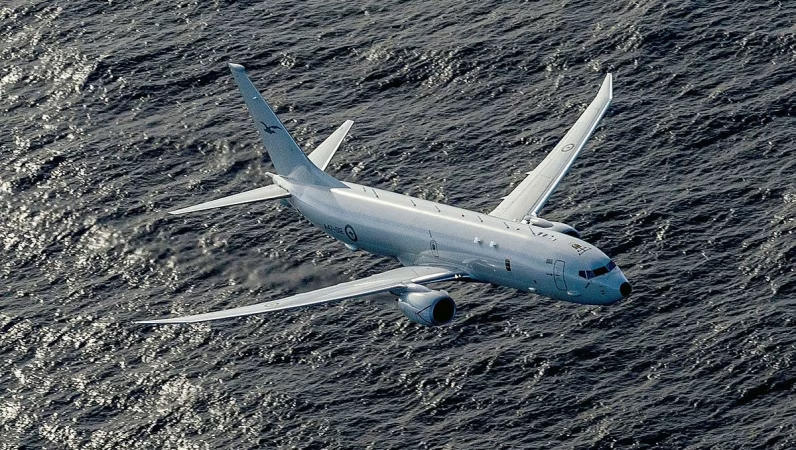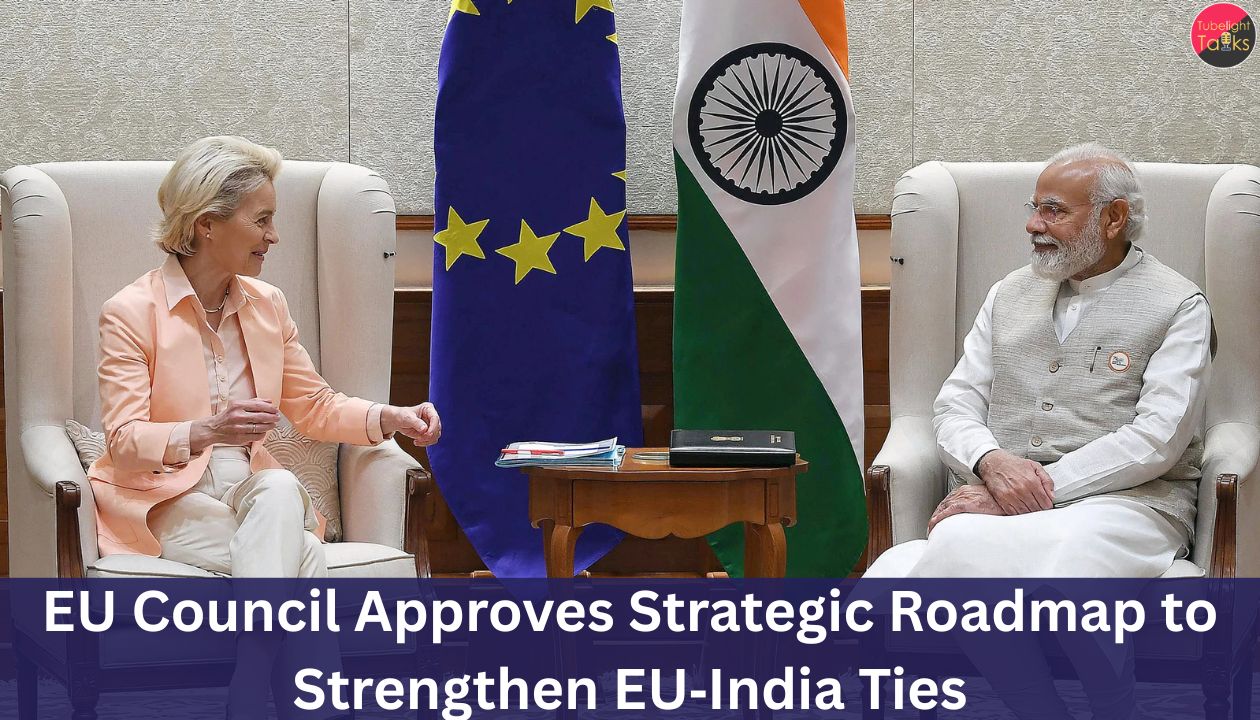Trump‑Putin Summit: Ukrainian President Volodymyr Zelenskyy stated on 20 October 2025 that he would attend a summit with U.S. President Donald Trump and Russian President Vladimir Putin in Hungary if an invitation were extended. The remark represents an unexpected overture amid the ongoing war between Russia and Ukraine.
Zelenskyy’s willingness comes at a time when Trump is reportedly seeking a peace deal with Russia — though the Ukrainian leader emphasised that Ukraine’s sovereignty and territorial integrity cannot be compromised. He appeared to push back against what he described as informal pressures from Trump during a tense previous meeting to consider territorial concessions in Donbas. This elicited firm rebuke from EU foreign policy chief Kaja Kallas, who said pressuring a country under full‑scale aggression was “inappropriate.”
EU’s Energy U‑Turn as Russia Becomes Less Reliable
Phasing Out Russian Gas
In conjunction with these diplomatic developments, the European Union announced plans to phase out all Russian pipeline gas imports by January 2028, marking a clear shift in its energy dependence. The move comes amid growing concern about energy security and geopolitical leverage of the Kremlin.
Strategic Implications
This decision puts additional pressure on Russia’s economy and signals the EU’s willingness to decouple from Moscow over time. For Ukraine, the move is a boost: it weakens one revenue source for Moscow and shows that its allies are prepared for long‑term commitments.
War, Concessions and Ukraine’s Strategy
Ukraine continues to fight a war launched by Russia in 2022. Amid the fighting, questions persist about whether Kyiv might be pushed into making concessions. Zelenskyy’s latest comments underscore Ukraine’s stance: while dialogue is possible, any peace must safeguard Ukrainian territory. The idea of a three‑way summit involving Trump and Putin raises many questions.
What would be on the agenda? Would Ukraine accept any concession? How would Belarus, NATO, and EU states react? Analysts say that such a summit could offer a diplomatic breakthrough or risk legitimising Russian demands.
Analysis — Risks and Opportunities
A Window for Peace?
A summit could provide Ukraine the chance to re‑engage with Russia under international supervision, possibly resetting conflict dynamics. If managed carefully, it might unlock reconstruction aid or wider security guarantees.
Dangerous Precedents
Conversely, the stakes are high. A summit without firm safeguards could appear as Western capitulation or lead to a collapse of Ukrainian bargaining power. Russia may interpret it as a victory, and Ukraine’s territorial losses could become permanent.
Broader Global Impact
The interplay between Ukraine, the U.S., and the EU in this moment has global consequences:
- Energy markets: The EU’s exit from Russian gas may reshape global energy flows and accelerate the shift to renewables.
- Geopolitics: The war remains a pivot for U.S.–Russia relations, European security, and NATO’s cohesion.
- Autonomy and Aid: Ukraine’s insistence on sovereignty tests how far allies will go without compromising principles.
Invitation and Next Steps
Zelenskyy‘s statement makes the summit hypothetical but possible, setting the stage for rapid diplomatic activity. Hungary, as potential host, could play a mediating role. Key questions now include: When would the invitation be extended? What form would guarantees for Ukraine take? Which countries or organisations might join?
Impact on Ukraine‑Russia War
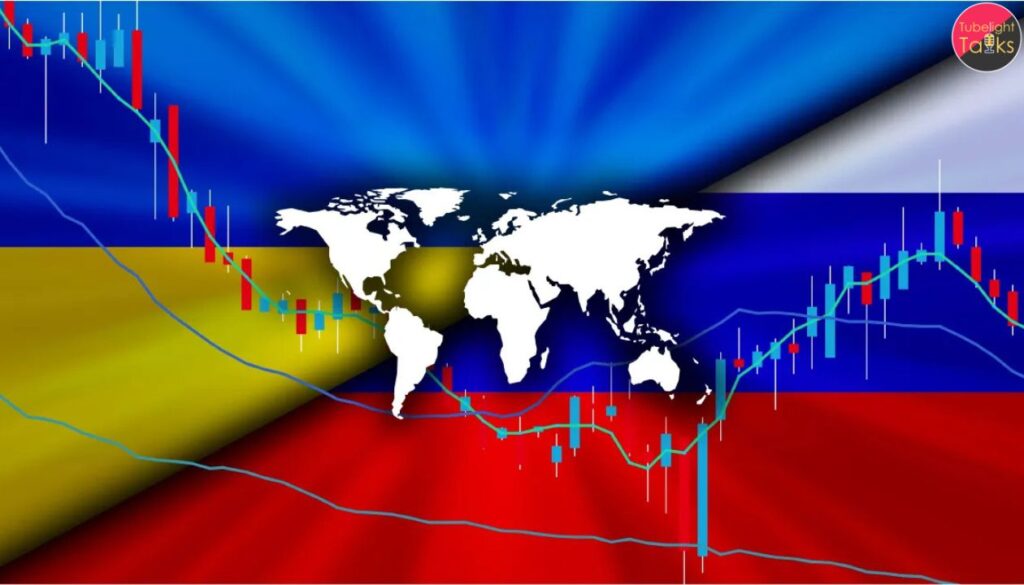
While the war continues, this overture may change negotiations. For Ukraine, the challenge will be converting talk into security gains. For Russia and the U.S., it tests how diplomacy can influence battlefield realities. Analysts caution that without clear frameworks and enforcement, the risk of a hollow summit remains. Here’s a seamless, well-integrated paragraph with a contextual heading — designed to blend naturally with the Zelenskyy–Trump–Putin summit news article, offering a spiritual lens that maintains journalistic tone and coherence:
Guiding Diplomacy with Higher Principles
As nations navigate complex conflicts and high-stakes negotiations, the foundation of lasting peace must go beyond politics. Teachings from Sant Rampal Ji Maharaj highlight that genuine resolution arises not through dominance, but through integrity, restraint, and collective welfare. In the context of a potential summit involving Ukraine, the U.S., and Russia, these values can inspire global leaders to prioritize human dignity over territorial ambition. When diplomacy is guided by spiritual wisdom and a sense of shared humanity, even the gravest disputes may find meaningful paths to reconciliation.
Read Also: India–US Relations in 2025
FAQs: Ukraine, Trump‑Putin Summit Offer
Q1. What did Zelenskyy say about the summit?
He said he would join a summit with Trump and Putin in Hungary if invited.
Q2. Why is the EU phasing out Russian gas?
The decision reflects concerns about energy dependence on Russia and the need for diversification in light of the war.
Q3. What are the risks of such a summit?
Risks include legitimising Russian demands, weakening Ukraine’s negotiating position, and undermining Western unity.
Q4. What could Ukraine gain?
Potential gains include security guarantees, reconstruction aid, and a renewed negotiating platform.
Q5. Who else would influence this process?
NATO allies, EU member states, Hungary as host, and international organisations like the UN will all play key roles.

